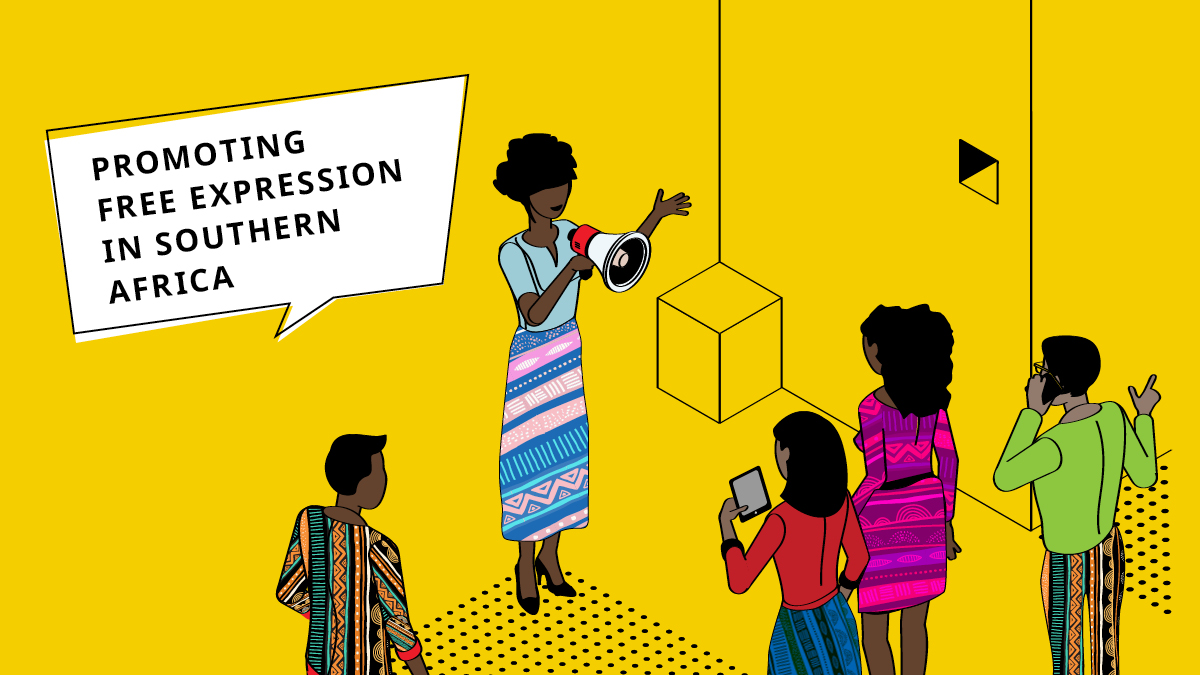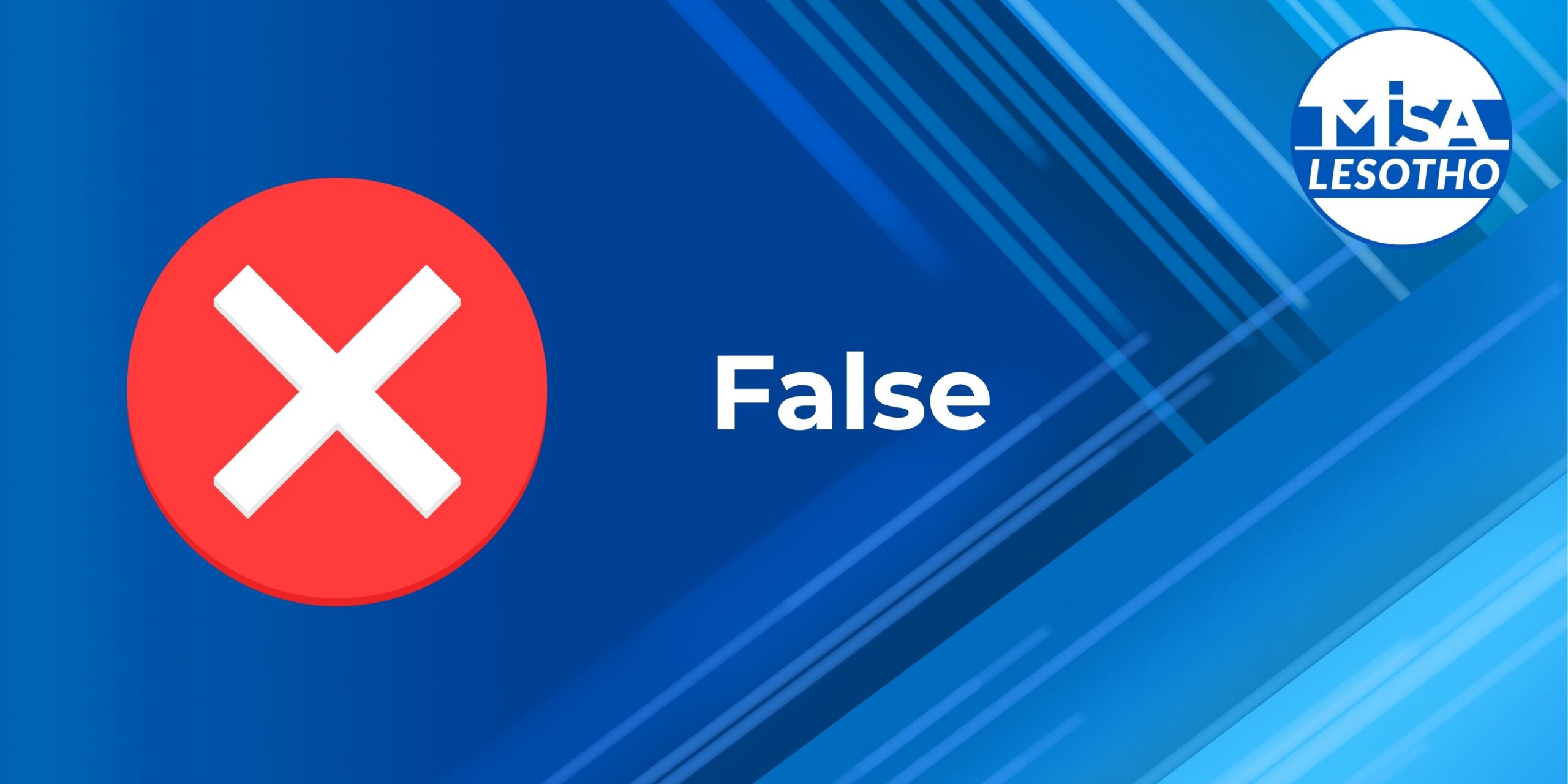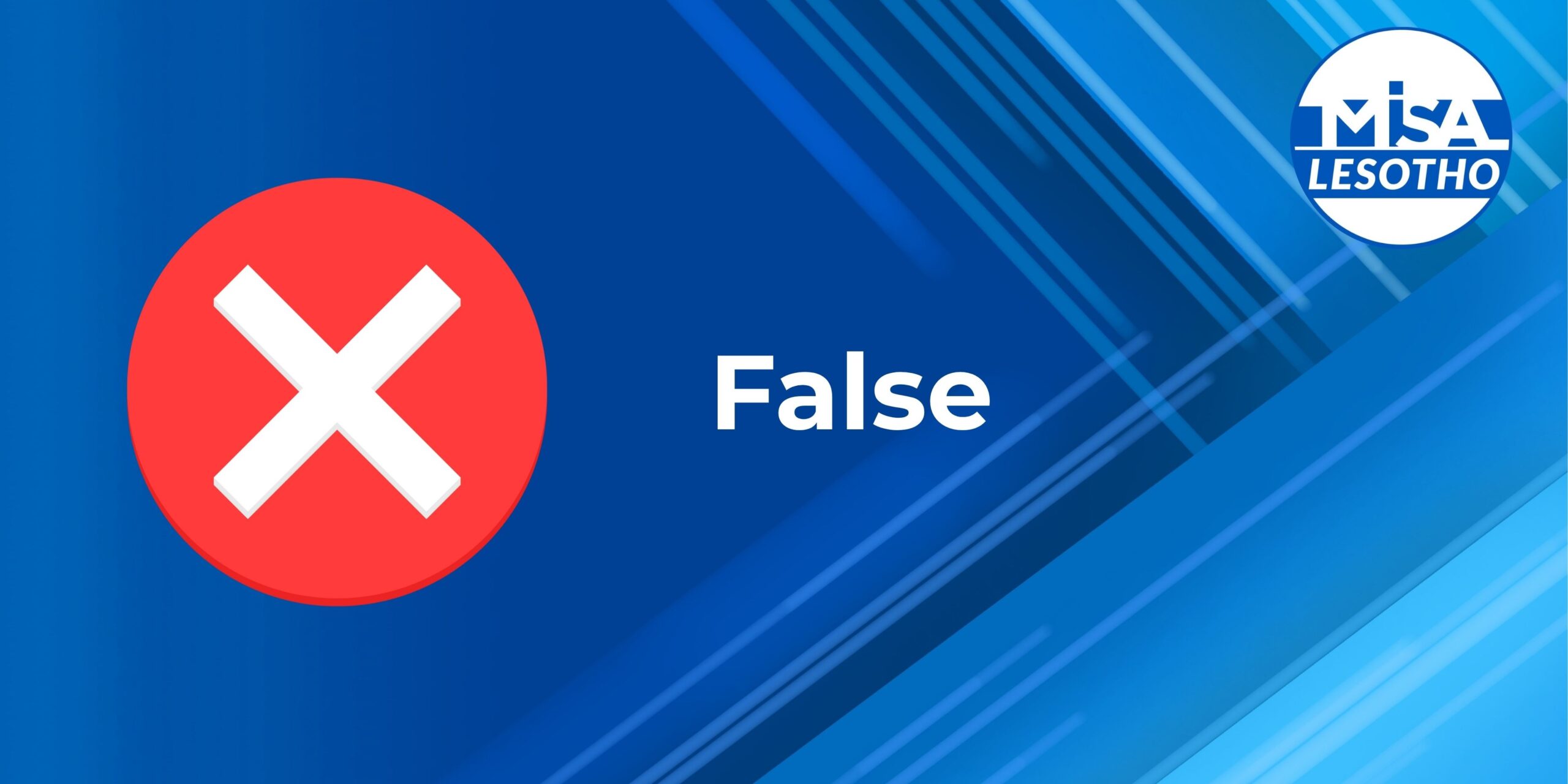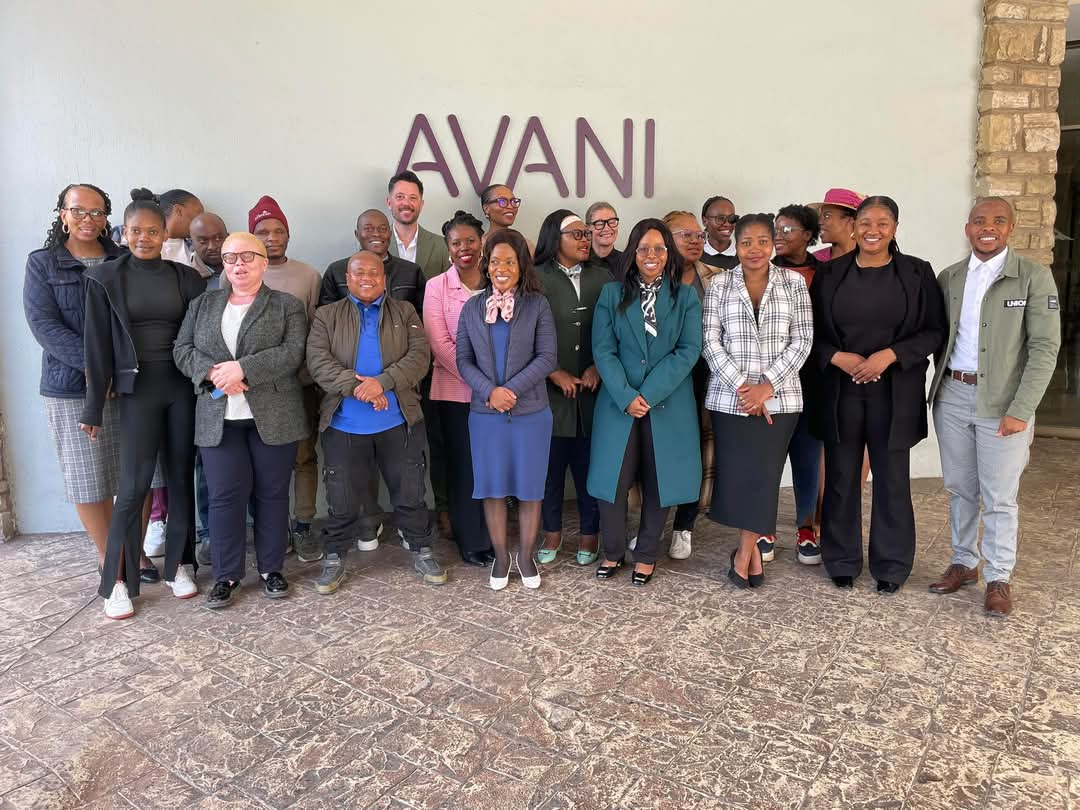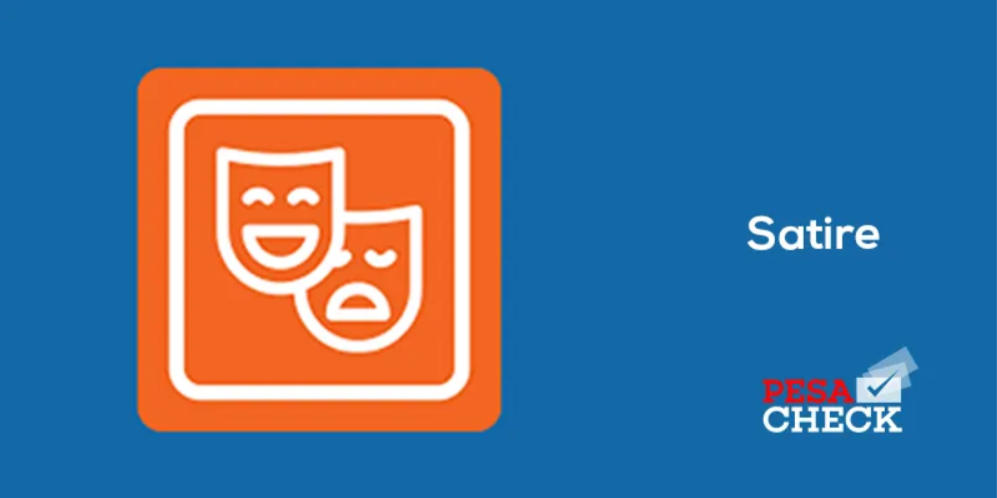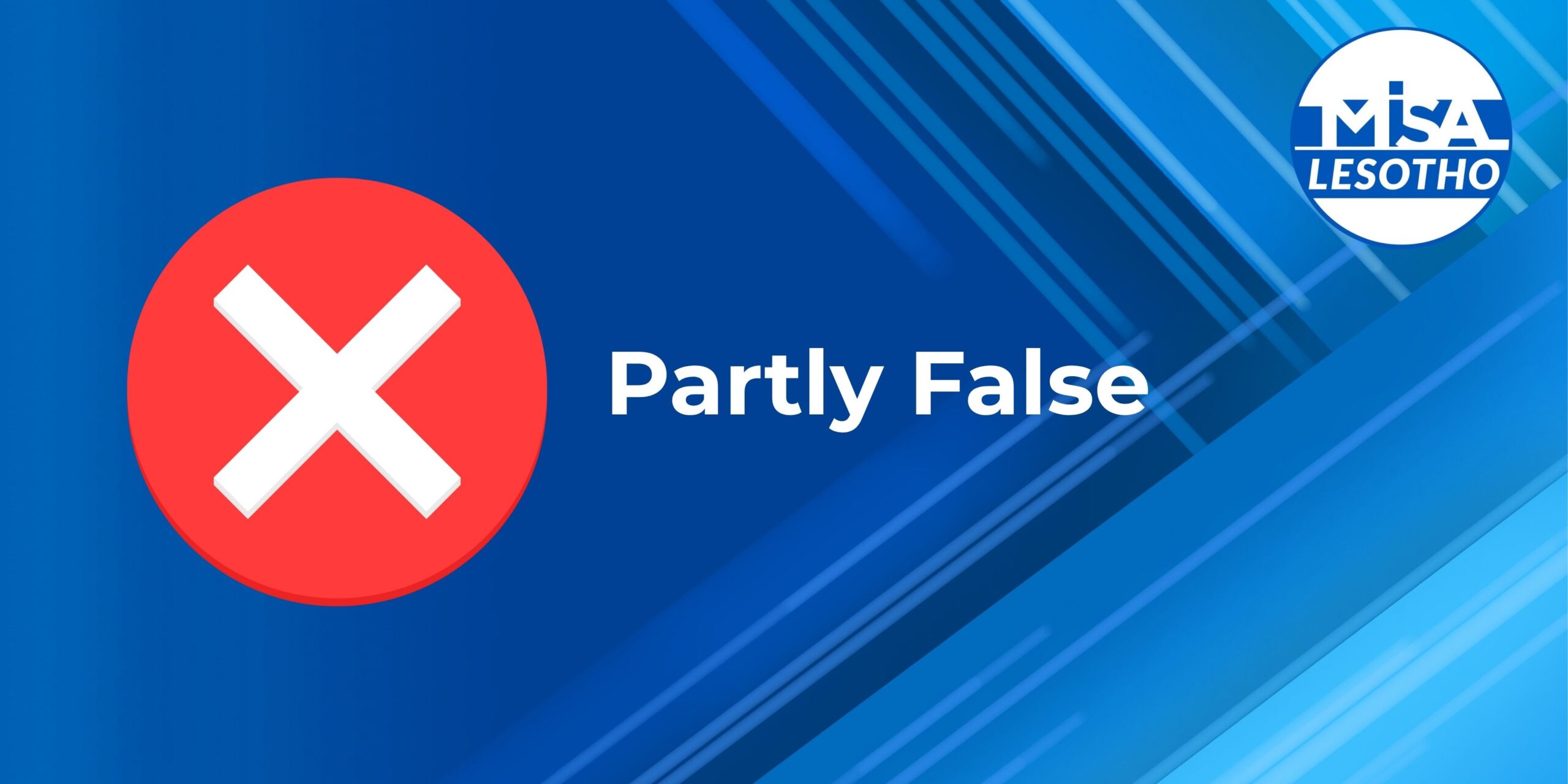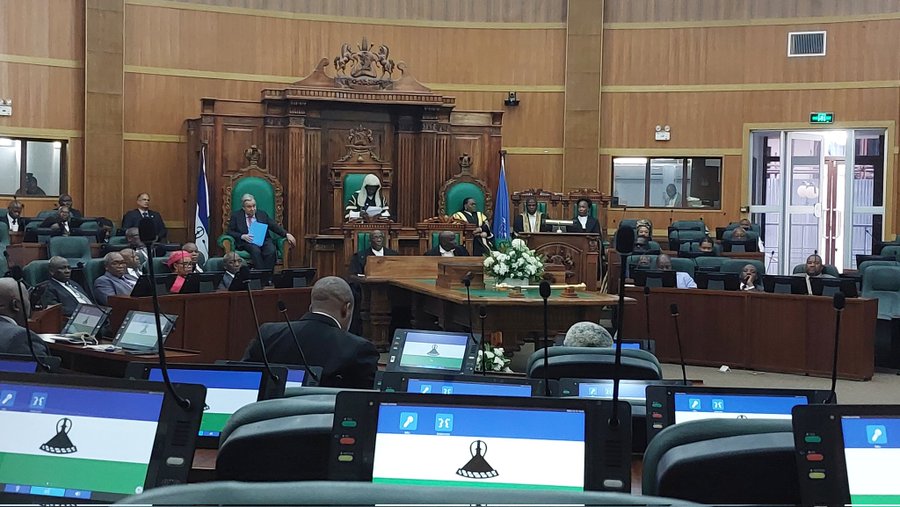[dropcap1]M[/dropcap1]ISA Lesotho shares its Way Forward recommendations for defending media freedom, freedom of expression and access to information to mark World Press Freedom Day 2020.
[highlight1]LAWS AND REGULATIONS[/highlight1]
Create a conducive media policy and legislative environment
The general principles contained in a media policy are direly required to guide the decisions of authorities, especially the government of Lesotho, about the functioning of the media. At the same time, a conducive legislative framework would allow the media to operate more freely and effectively.
Amend the constitution to guarantee media freedom
Press freedom is only implicitly protected under Article 14 (1) of Lesotho’s Constitution (1993), which guarantees freedom of expression. In line with international best practice, Lesotho should introduce a constitutional provision explicitly guaranteeing media freedom to ensure robust protection of the press.
[line]
[highlight1]MEDIA REGULATION[/highlight1]
Lesotho lacks an industry-wide framework that regulates both print and electronic media: currently, only TV and radio are covered by the Broadcasting Disputes Resolution Panel. Print media consumers have no means of lodging a complaint except through the courts. At the same time, Lesotho’s media has a reputation for being unethical and lacking editorial independence.
Create a comprehensive media regulatory framework
The establishment of governing principles and code of ethics for media practitioners, editors and proprietors could help improve media quality and professionalism.
Establish a press council and ombudsman
A National Media Council and National Press Ombudsman regulating both print and electronic media would provide a credible complaint mechanism for media content consumers outside of the courts. Suing in court for exorbitant damages has a chilling effect on Lesotho’s surviving newspapers and magazines.
Develop a co-regulatory media system
Government and the media industry should cooperate to develop a co-regulatory media system that brings together both voluntary and statutory regulatory systems. A co-regulatory system would allow for the state’s intervention in case of failure of self-regulation.
[line]
[highlight1]MEDIA VIABILITY[/highlight1]
Equally distribute government advertising among media houses
The government should not directly advertise with media houses. Rather, it should channel advertising through private and independent advertising agencies, which in turn, distribute ads based on clear criteria such as coverage (reach) and listenership (readership).
[line]
[highlight1]MEDIA PROFESSIONALISM[/highlight1]
Incorporate media training at registration
Media houses should be bound by law to present training plans at registration indicating how they will build the capacity of their employees. In-house trainings are key to developing professional and ethical journalists.
[line]
You can also download a PDF copy of the 2020 Way Foward to print and share.
You can also take a look at the Way Forward 2020 recommendations for MISA Malawi, MISA Zimbabwe, MISA Mozambique and MISA Zambia or MISA Lesotho’s Way Forward recommendations from previous years.




